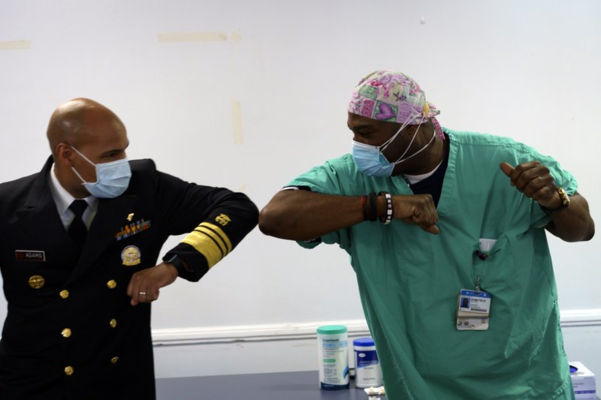Input 2020.12.23 09:55 | Revision 2020.12.23 09:59
US administration “Difference 100 million times” Pfizer “at least 70 million times possible”
US, 77% of people vaccinated with Pfizer-Modena vaccine only
Korea can’t sign both Pfizer-Moder… Lagging behind securing vaccines
The New York Times (NYT) reported on the 22nd (local time) that Pfizer is approaching a contract to supply additional vaccines to the US by the second quarter of next year. It is reported that the US administration is demanding 100 million servings, and Pfizer has announced that it can produce at least 70 million servings.

Pfizer has already decided to supply 100 million doses of vaccine to the United States by the end of March next year. If 100 million units are provided as requested by the government, 400 million units will be secured by the first half of next year, including 200 million units of modders and contracts. Only two companies’ vaccines will be able to inoculate 77% of the 260 million targets.
Pfizer had a tough relationship with the U.S. administration, despite being the company that developed the first vaccine approved for emergency use of the corona vaccine in the United States. According to NYT, Pfizer asked the administration last summer to sign a contract to supply additional vaccines, but was rejected and in September asked to help supply the vaccine, which was also rejected.
The administration was reluctant to intervene because Pfizer did not supply vaccines for the Americans alone and that it did not receive funding from the federal government’s vaccine development project, Operation SuperSpeed. President Trump also raised conspiracy theories that Pfizer deliberately delayed the vaccine approval process in order to politically harm him.
However, after Pfizer’s vaccine was approved for emergency use by the Food and Drug Administration (FDA), the tug of war between the two sides ended as Pfizer gained the upper hand in negotiations. Even if the U.S. administration mobilized the presidential powers, it would be necessary to secure additional vaccine supplies from Pfizer.
Meanwhile, Korea has yet to sign a vaccine purchase contract with Pfizer and Modena. On the 20th, Prime Minister Chung Sye-gyun asked, “Is there a possibility to inoculate vaccines such as Pfizer, Janssen, and Modena in the first quarter?” “I replied.
In response to the government’s criticism for failing to secure a vaccine, the Blue House said on the previous day that “President Moon Jae-in instructed to secure enough supplies since last April,” but the results are insignificant. Currently, only 10 million AstraZeneca vaccines in the UK, which have proven to be less effective than Pfizer and Modena, have signed a pre-purchase agreement.
